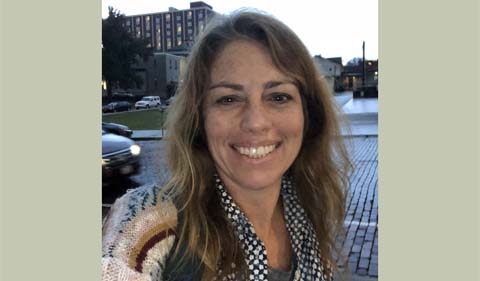Dr. Haley Duschinski and Inshah Malik recently co-edited a special issue of the journal HIMALAYA on War and Suffering in Kashmir that challenges Eurocentric and Indocentric approaches to the Kashmir dispute and instead examines the suffering of the Kashmiri people from their own vantage point.
Duschinski is Associate Professor of Anthropology at Ohio University. Malik is Assistant Professor at Kardan University in Kabul.
HIMALAYA is a biannual, open access, peer-reviewed journal published by the Association for Nepal and Himalayan Studies. It features scholarship, photography, and creative arts.
“In the field of international relations, Kashmir dispute is approached in terms of regional conflicts, superpower rivalries, and security concerns, while Indology has approached Kashmiri literary, historic, and cultural traditions in terms of Hindu religious and political ideology. Kashmiris, as agents of experience and subjectivity, have been alternately erased and formulated as mysterious, ahistorical, and alien entities to be approached with caution and suspicion,” the two scholars write in their introduction.
“This special issue challenges the Eurocentric and Indocentric domination of Kashmir scholarship by presenting Kashmiri experience as a product of complex dynamics of power and domination, exploitation and subjugation, and war and militarization across time,” they write.
“There is a need to establish a contextualized understanding of suffering, not merely to weave a historic ethno-nationalistic narrative but rather to recognize and place the human agency and its engagement in the socio-political transformations that have shaped the present identities and contests therein…. In this issue, a new generation of critical Kashmir scholars reclaims this representational terrain through contributions that analyze Kashmiri suffering through the social, economic, and political conditions of power, violence, and war.”




















Comments